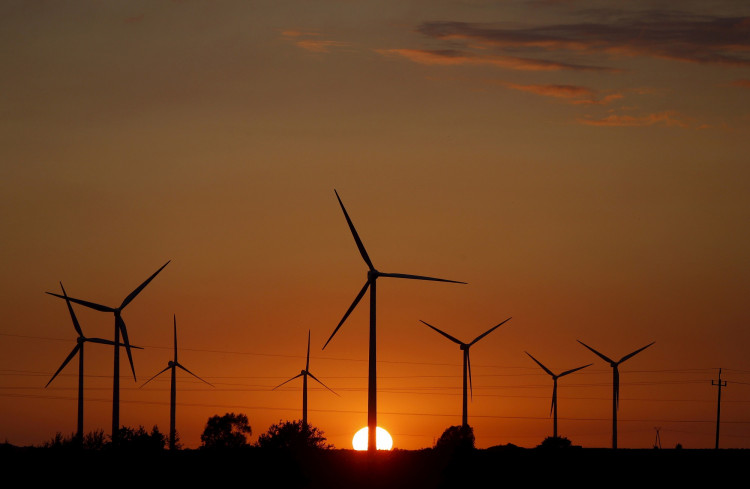The offshore wind industry received another blow as Orsted, the world's leading offshore wind developer, announced it would abandon two crucial projects in the U.S., leading to a significant asset write-down and a subsequent drop in its share price.
On Wednesday, reports emerged that Orsted had decided to forgo the Ocean Wind 1 and 2 projects located off the coast of New Jersey. The company also reported a write-down of 28.4 billion Danish kroner (approximately $4 billion), a figure that greatly exceeded the expectations of investors and analysts.
Orsted cited supply chain delays that affected the progress of the projects. Changes concerning tax credit monetization, scheduling, the likelihood of final construction permits, and the rise in U.S. long-term interest rates further complicated the projects' feasibility. These challenges underscore the increasing difficulties faced by the wind energy sector.
The write-down is related to Orsted's offshore wind investment portfolio in the U.S. The company had previously warned that due to escalating supply chain risks for its U.S. projects, it anticipated a provision of 8 to 11 billion Danish kroner in the fourth quarter to cover contract cancellation costs not included in the write-down.
Following the announcement, Orsted's shares plummeted by over 20%, bringing the total decline for the year to 57%, its lowest in six years.
However, there was a silver lining. Orsted confirmed its final investment decision for the Revolution Wind project off the coast of Rhode Island, indicating that the project would move into the construction phase. The project, a joint venture with Eversource, with both companies contributing 50%, is expected to be completed by 2025.
Orsted stated it would now begin cost-cutting measures and other actions to strengthen its capital structure. The company will also reassess its long-term strategic and financial goals.
It's worth noting that Orsted isn't the only wind energy company grappling with financial challenges. Developers are struggling to justify the advancement of large, capital-intensive offshore wind projects due to inflation-driven increases in material and service costs, supply chain backlogs, and rising interest rates that elevate capital costs. This environment makes current projects potentially unprofitable, forcing developers to reconsider their feasibility.
Last month, New York regulators denied requests from offshore wind developers, including BP, Equinor, and Orsted, to increase offshore wind tariffs. Equinor announced last week a write-down of about $300 million from its New York project, while BP recorded a $540 million write-down just yesterday. Both companies are currently evaluating their next steps.





